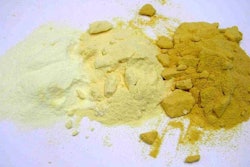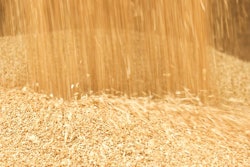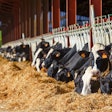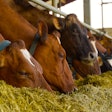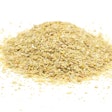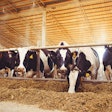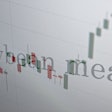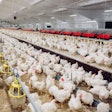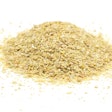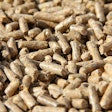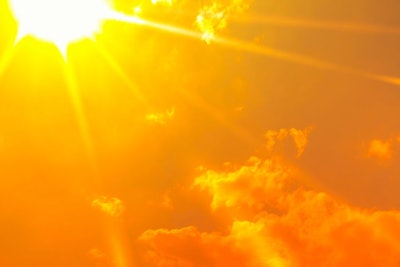
Fiber creates the most heat in animals, while fats and oils create the least
During summer – the hot period of the year for the Northern Hemisphere – animals reduce their feed intake. They do that because feed ingestion, digestion and metabolism (plus fermentation of undigested material) all produce heat (thermodynamic laws). Cramming nutrients into existing formulas (same volume/weight of feed but more nutrients) helps, but only slightly. In contrast, avoiding feeds that generate the most heat and using ingredients that do the opposite helps more.
For example, fiber (in general) generates the most heat because it is largely undigested by the animal and it reaches the large intestine where it is first digested, then absorbed, and finally metabolized (we call all these summarily as fermentation) by the local microbiota. This process produces the most heat, compared with any undigested starch, protein, or even lipids that reach the large intestine. Apparently, fiber is a tough nut to crack.
On the other hand, during summer, it is fats and oils that generate the least heat (on a gram-per-gram basis), but this is not an invitation to gorge on lipids. Again, this has to do with the animal organism (especially non-ruminants, such as pigs and poultry) that digest and absorb lipids very easily without transforming them and deposit them in storage tissues for later use. This is why most summer formulas have lower fiber levels and higher fat levels.
Surprisingly, some nutritionists insist that some fiber is needed to help digestion and absorption of all nutrients. In fact, the opposite is true. Certain fibers do not interfere with nutrient utilization, but some others (not all fibers are the same) actually hinder utilization of energy, protein, lipids, etc. So, not only does fiber increase heat production, forcing the animals to eat even less, but what feed is consumed is utilized poorly.
So, in brief, fiber and summer do not go well together. Some specific fibers are needed for certain cases, but for non-ruminants, fiber in general is to be avoided in summer.


